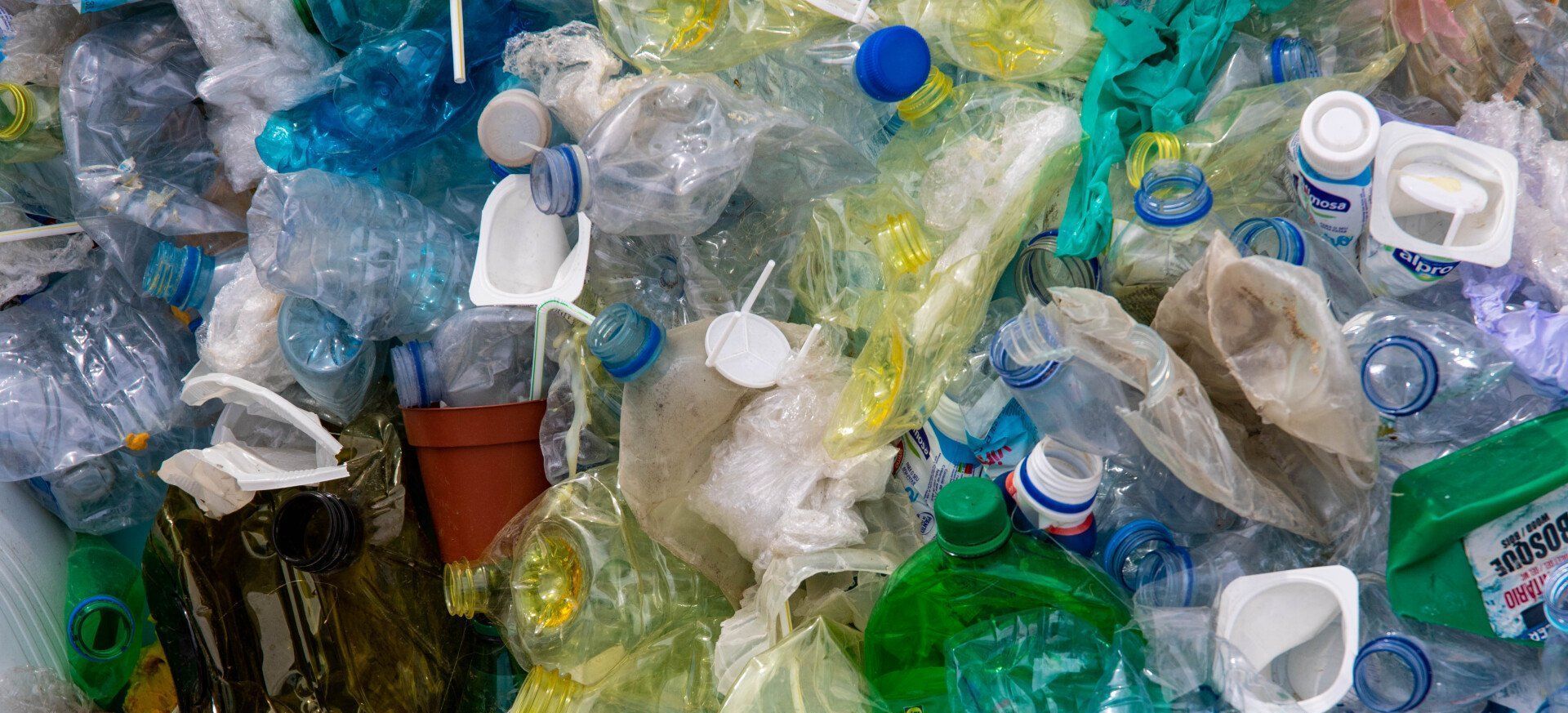EcoPerspectives Blog
Stay Vigilant: Keeping Companies Accountable Under France’s New Corporate Duty of Vigilance Law
By Josie Pechous, Staff Editor for the Vermont Journal of Environmental Law
May 2, 2023

Hungry? Grab a plastic container of Activia yogurt. Thirsty? Open a plastic bottle of Evian water. Dairy-free? Twist the plastic cap off of Silk oat milk. Each of these products is made by one of the world’s top ten plastic polluters: Danone. A French-based company, Danone sells products in over 120 countries and employs over 100,000 people globally. In 2021, Danone increased its plastic use to 750,995 metric tons, roughly equivalent to 75 Eiffel Towers. ClientEarth, joined by Surfrider Foundation Europe and Zero Waste France, is taking Danone to court for its contribution to plastic pollution. The three NGOs contend that Danone failed to comply with France’s recently adopted Corporate Duty of Vigilance Law.
The Duty of Vigilance Law requires France’s largest companies to assess and prevent negative impacts of their supply chains on human rights and the environment. The law applies to any French company with more than 5,000 French-based employees or 10,000 global employees. This covers roughly 100-150 companies. Under the law, companies are responsible for their own direct and indirect activities, as well as the activities of their subsidiaries, subcontractors, and suppliers. The purpose of this law is to mitigate risks in all crevices of the supply chain. The law requires companies to establish, implement, and publish a Vigilance Plan, which must include five components. The five components are: 1) identifying, analyzing, and ranking risks, 2) procedures to assess risks throughout the supply chain, 3) actions to mitigate risks or prevent serious violations, 4) an alert mechanism to report risks, and 5) a monitoring scheme.
ClientEarth is unimpressed with Danone’s efforts on components one, two, and three. ClientEarth asks Danone to do three things: 1) map the impact its plastics have across the supply chain, 2) provide a complete assessment of its plastic footprint, and 3) create a “deplastification” plan with quantified and dated objectives. This request comes after ClientEarth put Danone and eight other large food production companies on notice for inadequately addressing their contribution to plastics pollution. ClientEarth gave the notice in September 2022 and, per the statute, allowed the nine companies three months to remedy their actions. ClientEarth says Danone’s response to the notice “wasn’t good enough,” so it initiated legal action in January 2023. The case now awaits its initial hearing in the Paris Tribunal Judiaire (a French civil court). At this hearing, the judge will decide whether to open the case.
Danone’s 2021 Vigilance Plan comprises of five pages within its 70-page Social, Societal, and Environmental Responsibility policy. Although its Vigilance Plan does not mention plastics, Danone provides specific efforts for combating plastic pollution in the pages before and after its Vigilance Plan. For example, Danone has adopted a circular economy of packaging. This initiative includes: 100% recyclable, reusable, or compostable plastic packaging by 2025; reduce its use of virgin plastic; and increase the proportion of recycled plastic in its packaging. Surfrider, one of the NGOs joining ClientEarth in this case, says Danone’s efforts are unsatisfactory and lack meaningful impact.
Danone refutes the claims against it and recognizes itself as “a pioneer in environmental risk management.” As it stands, Danone’s main strategy to mitigate plastic pollution is to increase the recyclability of its products. But recycling is a false solution. The sad reality is that only 9% of the plastic produced in the last 70 years has been recycled. Plus, Danone has a large presence in many countries who already receive the brunt of the Western world’s plastic excess. In 2022, Danone distinguished itself as the #1 polluter in Indonesia, Spain, and Tunisia.
Interestingly, in February 2022, Danone joined over 100 companies, investors, and business associations in signing a statement urging the European Union to propose mandatory human rights and environmental due diligence legislation. Notably missing from the signatories were any of the other eight companies ClientEarth filed a notice against in September 2022. This fact could work both for and against Danone. On one hand, this demonstrates Danone’s commitment to advancing corporate responsibility, which would undercut ClientEarth’s argument that Danone is complacent in this area. On the other hand, ClientEarth may try to hold Danone to a higher standard by showing its public endorsement of “meaningful action on impacts on people and planet.”
France’s Duty of Vigilance Law represents ones of the first concrete actions in the global momentum towards corporate accountability. In 2021, Germany and Norway adopted similar due diligence laws, with the Netherlands and Finland likely to soon adopt their own. Laws such as these help companies get ahead of potential risks that could otherwise lead to legal, financial, and reputational consequences. That said, the true purpose of these laws is to make it easier for victims to prove when a company fails to act on its promises by requiring companies to publicly identify and mitigate risks. These laws provide a means to bypass the complexity, scale, and influence of large companies that usually hinders parties from achieving justice. Ultimately, these laws empower affected people and communities to hold companies accountable for their environmental impacts.
